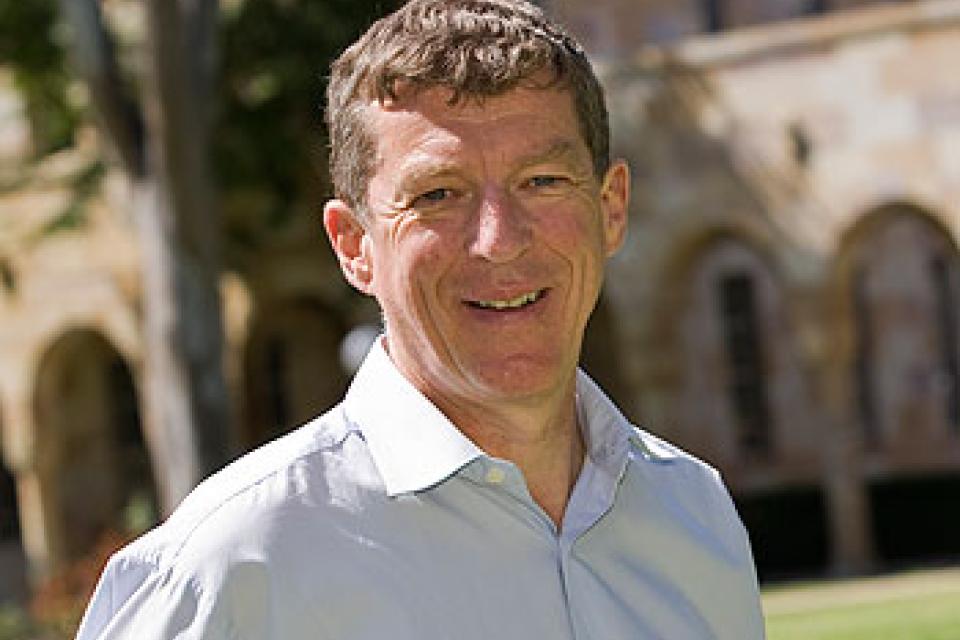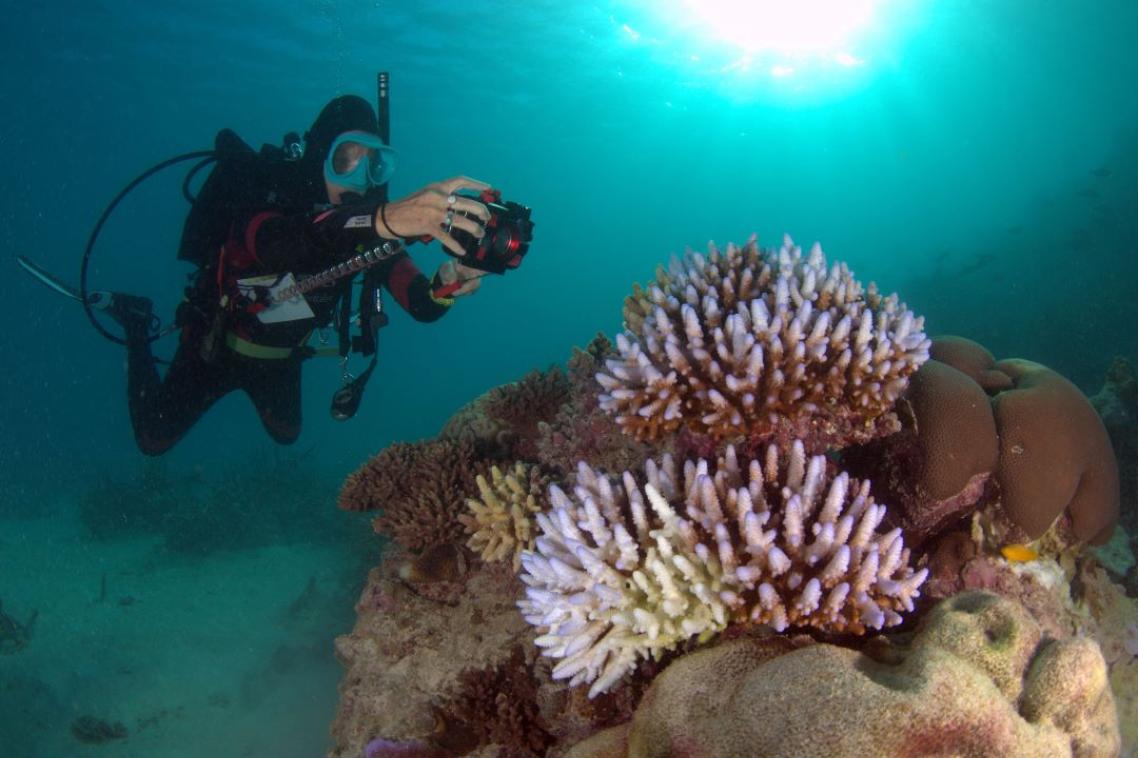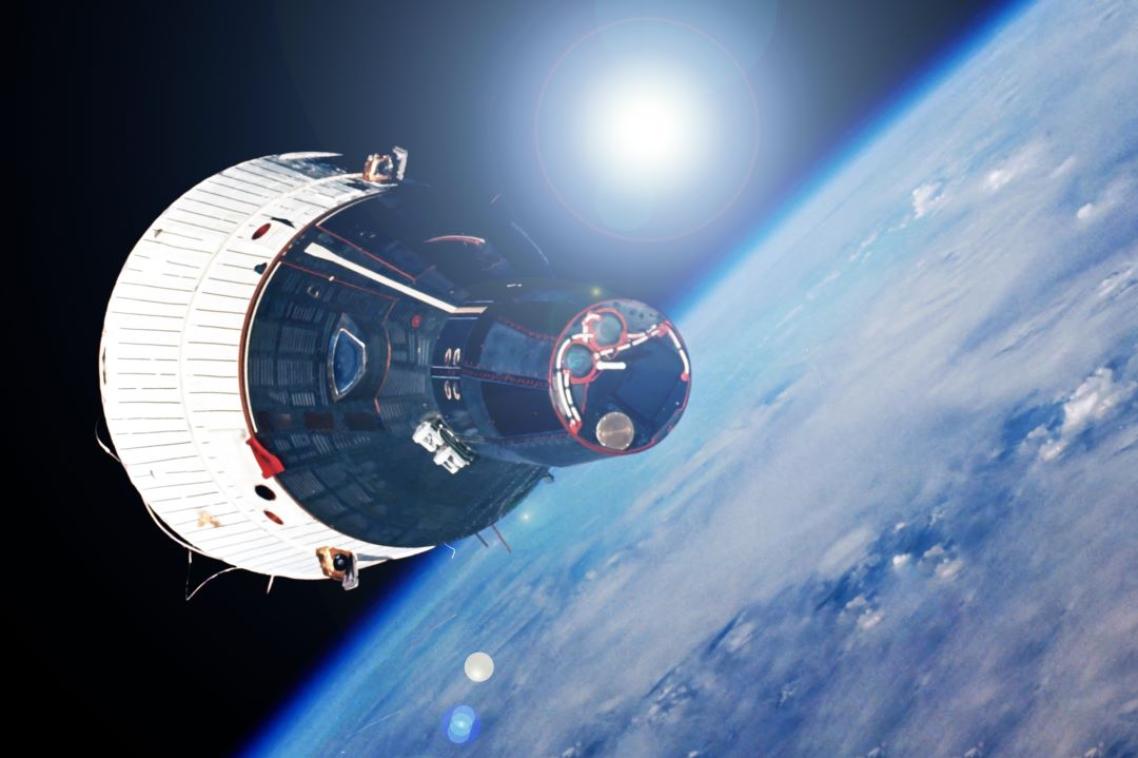Professor Ian Frazer takes Australian science to South-East Asia

Professor Ian Frazer
Sponsored by the Department of Foreign Affairs and Trade (DFAT), the diplomacy tour included stops in Thailand, Laos, Cambodia Vietnam and the Philippines.
“This trip provided a great opportunity to interact with the health care professionals and government officials responsible for cervical cancer control in South east Asia, and we each learnt a lot from each other,” Professor Frazer said.
As well as staging documentary screenings, question and answer sessions and lectures, Professor Frazer met with dignitaries, visited local organisations and launched the Scientists in Schools program at The University of the Philippines.
“Meeting with the first lady of Kampuchea was a memorable experience, and it was very encouraging to learn of her commitment to promoting women’s health issues through the Kampuchean Red Cross," he said.
“Our visit to a women’s self help group in a resettlement township in the Philippines brought us face to face with the issues of cervical cancer control in developing world."
The visit was also useful in facilitating possible future research partnerships.
“My lecture to the students and researchers at the Pharmacy University in Hanoi produced many opportunities for future research collaborations,” Professor Frazer said.
Professor Frazer is best known for his work on the relationship between Human
Papilloma Virus (HPV) and cervical cancer, which led to the creation of the world’s first cervical cancer vaccine.
Media: Elspeth Muir (e.muir@uq.edu.au)
Related articles

Thousands of Queensland reef photos lead to worldwide change

UQ to conduct world-first tests into effectiveness of magnetic heat shields for atmospheric re-entry of large spacecraft
Media contact
UQ Communications
communications@uq.edu.au
+61 429 056 139
